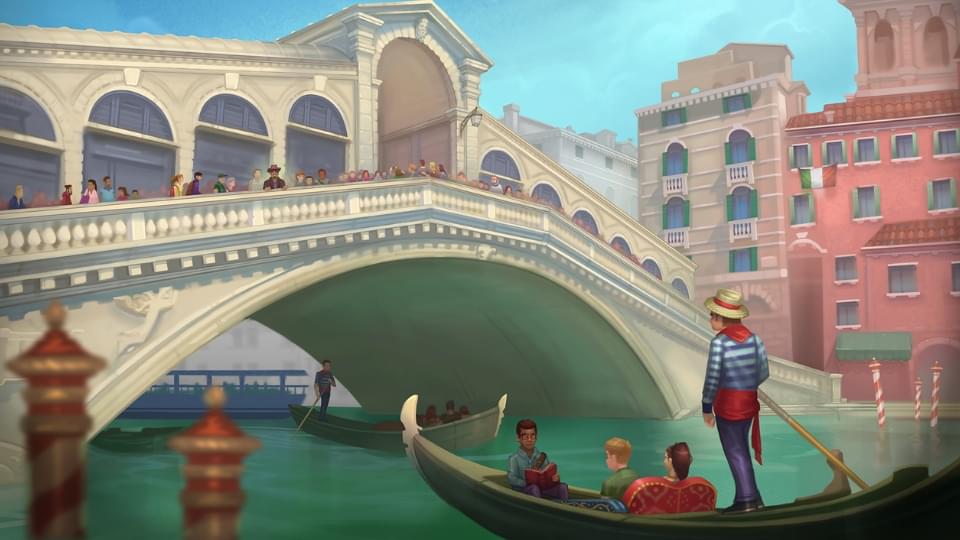Psst...
Do you want to get language learning tips and resources every week or two? Join our mailing list to receive new ways to improve your language learning in your inbox!
Join the listItalian Recordings
|
|
22
Words
/
2 Comments
[ Show Text ]
|
Recordings
-
sono ( recorded by
AkitaInu
),
Milano
Download Unlock
Corrected Textmore↓
Unlock
Corrected Textmore↓Sono laureato in letteratura ma leggo ancora con piacere quando mi riesco a trovare un libro buono che non ho ancora letto.
Corretto:
Sono laureato in letteratura ma leggo ancora con piacere quando riesco a trovare un libro buono che non ho ancora letto.
|
|
3
Words
/
1 Comments
[ Show Text ]
|
Recordings
-
Board Games ( recorded by
marion271085
),
Italian
Download Unlock
Unlock
To make a new Audio Request or Script Request, click on Make a Request at the top of the page.
To record or transcribe for users learning your language, click on Help Others at the top of the page.
Recording and transcribing for other users will earn you credits and also move your own Requests ahead in the queue. This will help you get your requests recorded and/or transcribed faster.
